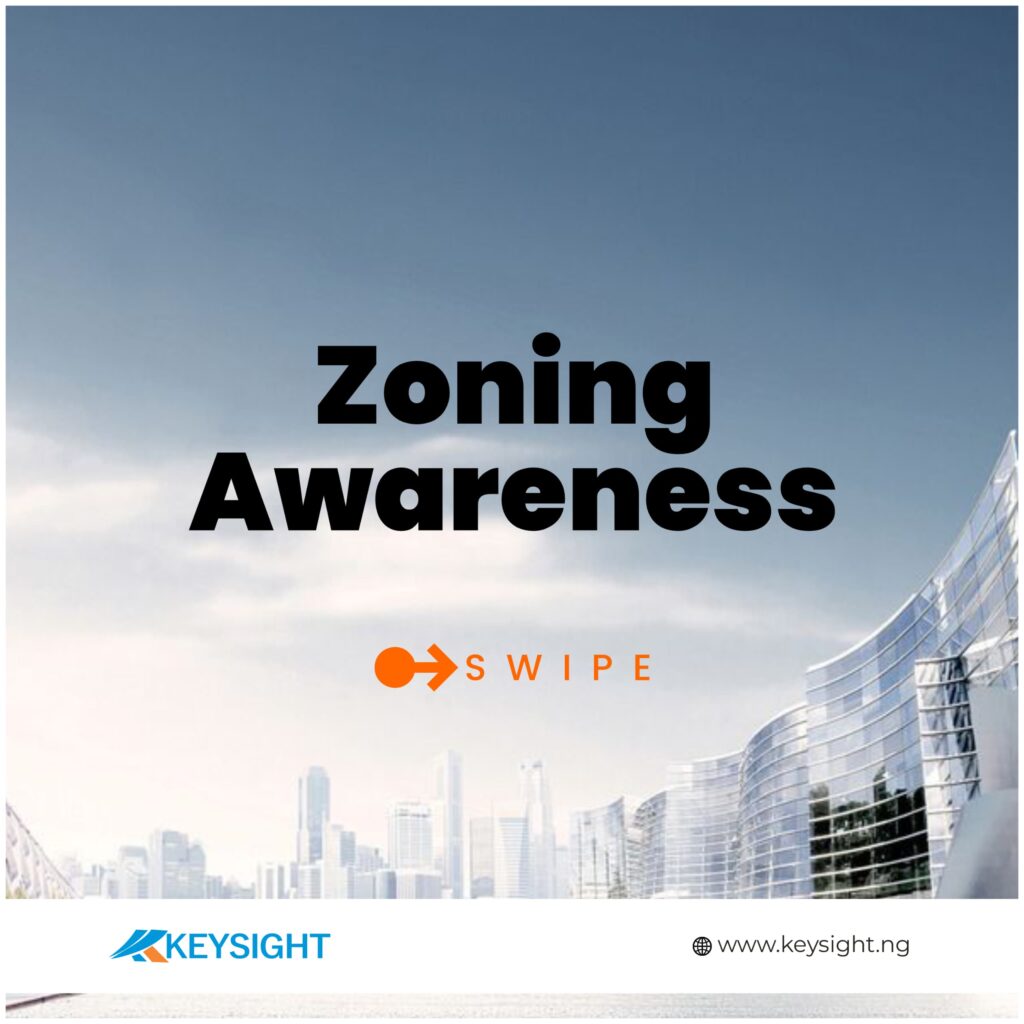Investing in land or building your dream home is exciting—but it’s also a decision that demands insight. One key factor often overlooked is land zoning. It might sound like technical jargon, but zoning can be the difference between a hassle-free investment and a legal nightmare.

What is Land Zoning?
Land zoning refers to how governments or planning authorities categorize land based on its intended use. Think of it like a rulebook that guides what can be built and where. In Nigeria—especially in rapidly developing areas like Epe, Ikorodu, and Ijebu Ode—zoning helps regulate urban growth and protect landowners.
The most common zoning classifications include:
- Residential Zone: For housing developments, private homes, and estates
- Commercial Zone: For businesses, shops, offices, and markets
- Industrial Zone: For factories, power plants, and large-scale production
- Agricultural Zone: For farming, fisheries, and agro-based activities
- Mixed-Use Zone: Where residential and commercial buildings can coexist
- Green/Conservation Zone: For forests, protected areas, or public parks
Why Zoning Should Guide Your Purchase Decisions
Imagine buying land for your dream home, only to discover it’s zoned strictly for agriculture or industrial use. This is more common than you’d expect. Here’s why zoning is critical:
- Legal Compliance: Building on land zoned for another use could get you penalized or even have your structure demolished
- Investment Safety: Misaligned zoning reduces resale value and attractiveness to future buyers
- Approval Delays: Zoning issues can stall building permits and development plans
- Peace of Mind: Knowing you’re legally in the clear keeps your dream on track
How to Verify Zoning Before You Buy
Before committing to any land or property investment, take the following steps:
- Ask for the zoning classification directly from the developer, agent, or landowner
- Visit the local planning authority (such as Lagos State Ministry of Physical Planning or the Ogun State Bureau of Lands) to confirm the zoning
- Request supporting documents, like:
- Certificate of Occupancy (C of O)
- Approved layout plan
- Survey plan indicating land use
- Hire a professional surveyor or real estate lawyer for guidance and verification
Tip: If the land is labeled “free from government acquisition,” that’s a good start—but it’s NOT the same as proper zoning approval.
Common Zoning Pitfalls to Avoid
- Buying land on impulse because it looks “developed”
- Trusting generic ads like “perfect for estates” without documentation
- Skipping background checks because the price looks too good to be true
Especially in booming areas like Epe and Ijebu Ode, lands once zoned for agriculture are now being repurposed for residential estates. But without formal government reclassification, buyers face risk.
Final Thoughts: Buy Land, Not Problems
Understanding land zoning is essential—not optional—for buyers. It doesn’t just help you build legally; it sets the foundation for a confident, secure future. Whether you’re a first-time buyer or an experienced investor, zoning awareness ensures your vision aligns with reality.
visit our site for more information’s you need on land and feel free to contact us for free consultation
#keysight property development Limited
+234 915 999 9241
